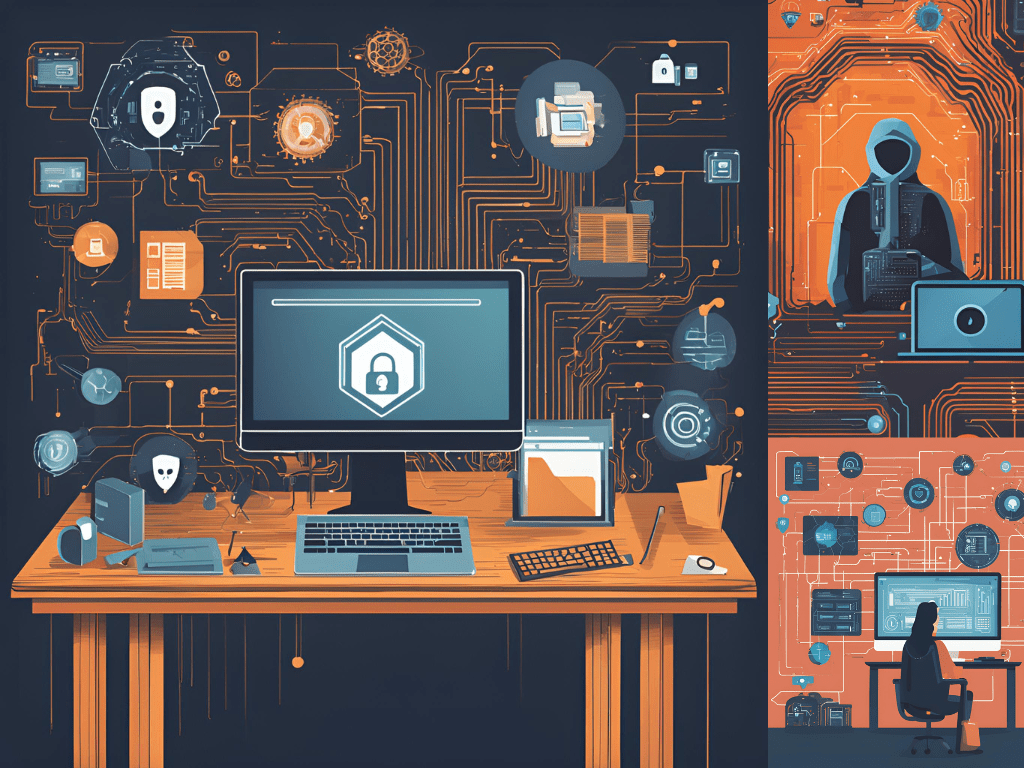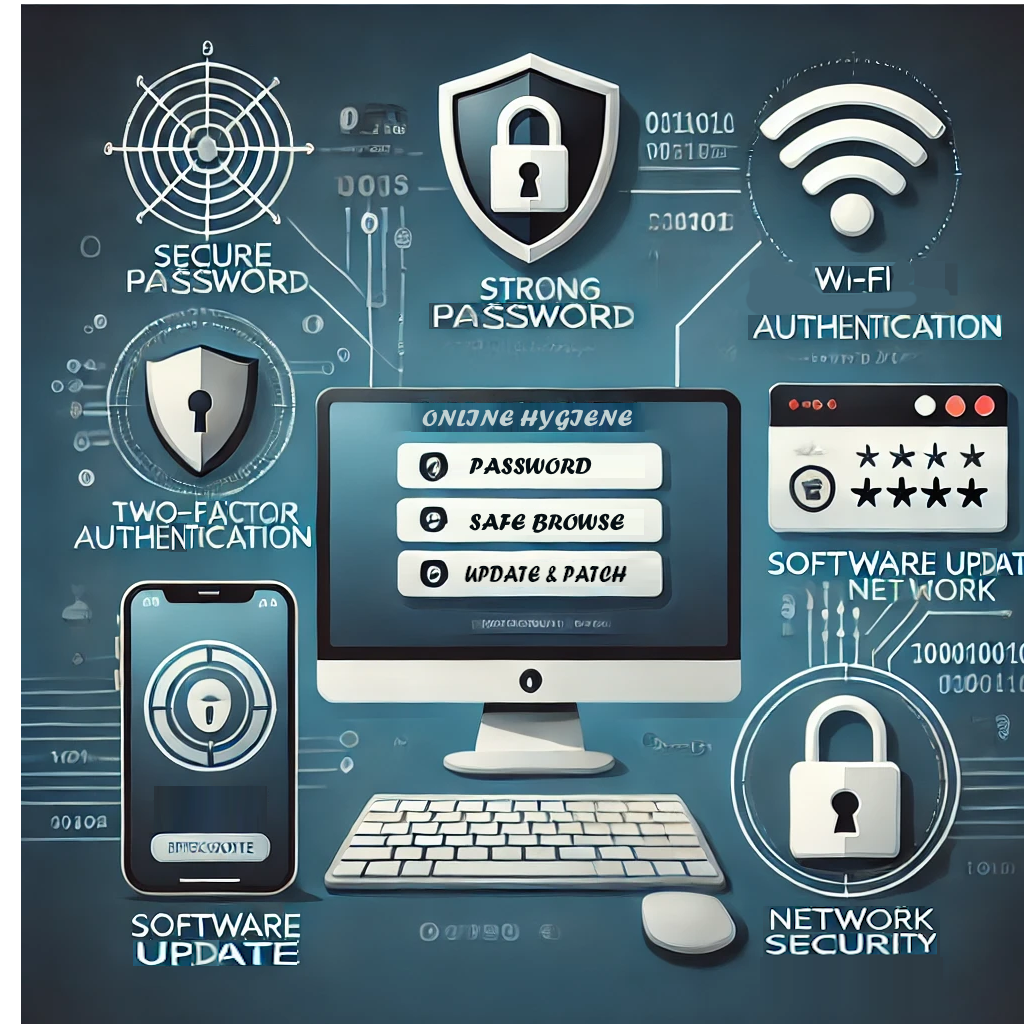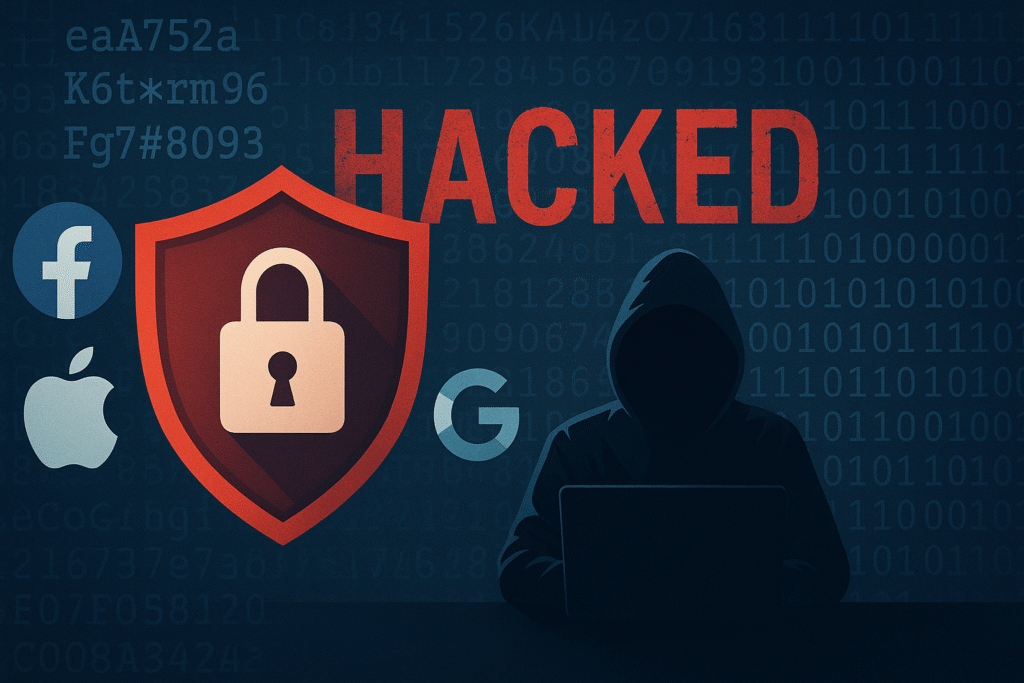Importance of Cybersecurity for Small Businesses
In today’s digital age, cybersecurity is not just a concern for large corporations but also for small businesses. While large enterprises often make headlines when they fall victim to cyberattacks, small businesses are increasingly becoming prime targets. According to recent studies, nearly half of all cyberattacks are directed at small businesses. The reasons are simple: small businesses often have less sophisticated security measures, making them easier targets for cybercriminals.
Common Cybersecurity Threats
Understanding the common types of cybersecurity threats is the first step in protecting your business. Here are some of the most prevalent threats that small businesses face:
- Viruses and Malware
- Viruses are malicious programs designed to spread from one computer to another, often attaching themselves to legitimate files. Once inside your system, they can corrupt or delete data, disrupt operations, and spread to other systems.
- Malware is a broad term that encompasses various malicious software types, including viruses, worms, trojans, and spyware. Malware can steal, encrypt, or delete your data, alter or hijack core computing functions, and spy on your computer activity.
- Phishing
- Phishing is a technique used by cybercriminals to trick individuals into providing sensitive information such as usernames, passwords, and credit card details. This is typically done through emails that appear to be from reputable sources. Once the victim clicks on a malicious link or downloads an attachment, their information is compromised.
- Ransomware
- Ransomware is a type of relatively new malware that encrypts a victim’s files. The attacker then demands a ransom from the victim to restore access to the data upon payment. Small businesses can be particularly vulnerable as they may lack the resources to recover from such attacks without paying the ransom.
- Spyware
- Spyware is software that secretly monitors and collects information about a user’s activities without their knowledge. This can include keystrokes, browsing habits, and other personal information. Spyware can be used for identity theft, fraud, and other malicious purposes.
- Social Engineering
- Social engineering attacks involve manipulating individuals into divulging confidential information. These attacks often exploit human psychology rather than technical vulnerabilities. For instance, a cybercriminal might pose as an IT support person to trick an employee into giving up their login credentials.
Real-World Impact
The impact of a cyberattack on a small business can be devastating. It can lead to financial losses, legal consequences, and damage to the company’s reputation. For example, a ransomware attack could result in the loss of critical business data, leading to downtime and loss of revenue. A successful phishing attack could compromise customer information, leading to legal liabilities and loss of customer trust.
Why Small Businesses Need to Act
Despite the high stakes, many small businesses underestimate the importance of cybersecurity. Some believe that their size makes them less attractive targets, but this is a dangerous misconception. In reality, small businesses often have weaker defenses and can be seen as easy targets by cybercriminals.
Investing in cybersecurity measures is crucial. This includes educating employees about common threats, implementing strong passwords, and regularly updating software. Additionally, having a robust incident response plan can help minimize the damage in case of a cyberattack.
While internal efforts are vital, engaging with an IT service company to conduct regular cybersecurity audits can provide an additional layer of protection. These experts can identify vulnerabilities that might be overlooked and recommend effective solutions to mitigate risks. By partnering with professionals, small businesses can ensure that their cybersecurity measures are up-to-date and robust, allowing them to focus on their core operations without worrying about potential cyber threats.
In conclusion, cybersecurity is an essential aspect of running a small business in today’s digital world. By understanding the common threats and taking proactive steps to mitigate them, including seeking professional IT support, small businesses can protect themselves from potentially devastating attacks.



